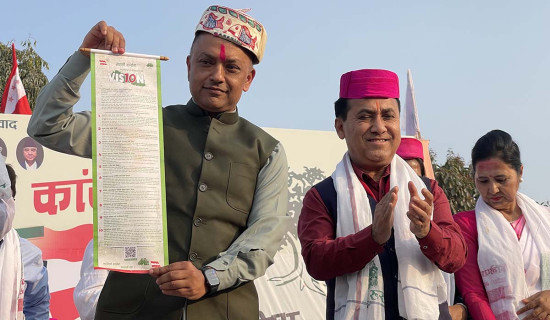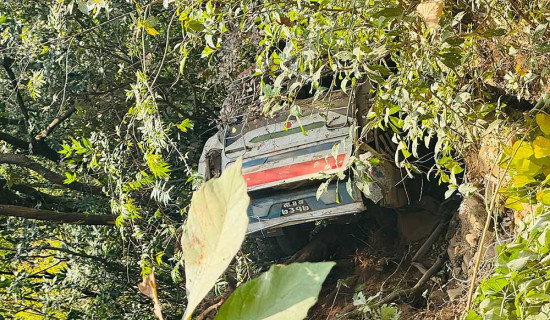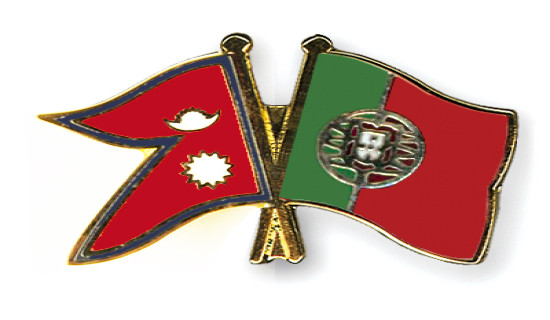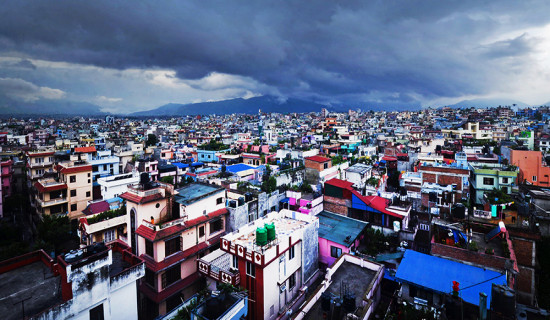- Thursday, 19 February 2026
Media Role For Free And Fair Poll
Dr. Kundan Aryal
The government is all set to conduct the local elections on May 13 in a free, fair and fearless environment. Even the major thrust of New Year greetings of top public figures is about the holding of the polls and people’s participation in them. While extending her wishes to the citizens on the occasion, President Bidya Devi Bhandari stated that it was the common responsibility of all to conduct the local election in a free, impartial and fearless atmosphere.
The role of media has been crucial during the polls. On one hand, they create a discourse to help the voters for better choices while they tend to infringe professional standards during the election campaigns, on the other.
The media do not cover all the events and incidents of the day. But during the election time, the media seek to cover most of the events and incidents regarding the campaigns.
It is wise to hope that the media outlets will abide by professional standards to a great extent and refrain from biased and partial reporting and unequal treatment to the different parties and candidates.
Moreover, they are expected not to indulge in highlighting only the news that would be highly favourable to a certain party as happened in the yesteryears.
Credibility
In its ‘Analytical Report on Media Monitoring: Constituent Assembly Election 2013’, the Election Commission of Nepal has concluded that the newspapers, in general, showed their impartially or bias through the headlines of the news during the CA election. It said that most of the weeklies, despite their lesser influence in comparison to the broadsheet dailies, demonstrated their views through their headlines. It also has stressed that online journalists need to be responsible and accountable to their practice so as to gain credibility. After about a decade, it is visible that selected online news portals have started to gain credibility with their comparatively fair coverage.
However, a huge number of fly-by-night online news portals might spread disinformation during the upcoming local election. There are different forms of media right from print, radio, television to online in the country in addition to various social networking sites. Only an empowered and aware citizenry would be able to utilise all these channels to make informed choices at the ballot box.
The biased coverage and ignorance of fairness in presenting news and views during elections is a global problem. However, there is a visible trend across the world that there is the process of gatekeeping in the mass media outlets with the presence of critical intellectuals or pressure groups. Moreover, it has been proved in different countries, including Nepal, that media coverage alone cannot ensure the electoral success for a candidate of a party. The best way or the professional duty of a media outlet is to provide choices before voters.
An underlying common argument derived from the opinions of Walter Lippmann, an US scholar, and Norwegian sociologist Johan Galtung’s is that exposure to the media or media person can make difference in terms of coverage. Lippmann argues that before a series of events become news, they have usually made themselves noticeable in some more or less overt act. According to him, the events which are not scored are reported either as personal or conventional opinion, or they are not news. They do not take shape until somebody publicly in the etymological meaning of the word makes an issue of them, he states.
Therefore, Nepali media should give emphasis on the importance of free, fair and fearless elections for the comprehensive development of the nation. To protect multiple sources of information, the process of gatekeeping in any media outlet should be in line with the ethical standards.
Shoemaker, a prominent professor of communication from the US, argues that gatekeeping is the process by which the vast array of potential news messages are winnowed, shaped, and prodded into those few that are transmitted by the media.
Thus, the role of the pressure groups comprised of civil society and professional organisations in spreading awareness and sensitising the role of free and independent media are pertinent to influence journalists and media outlets.
Constructive role
As one of the functions of mass media is to educate the general public and facilitate them to improve their socio-political and economic lives, media could empower them more effectively during the election time. Thus, media can play a greater constructive role in voter education.
It is worthy to repeat the findings from the earlier elections that partisan interests and party allegiance were identified as the major causes of unprofessional performance and ignorance of the ethical values by the different forms of media outlets.
In this context, the unfair performance by media outlets is directly linked with the credibility and subsequently with the financial health of the media institutions. This requires that the media entrepreneurs should make their impartial role distinctly visible. The ECN and the media organisations, including the professional and training institutions, should work in tandem to address those issues.
(Dr. Aryal is associated with the Central Department of Journalism and Mass Communication of Tribhuvan University.)









-original-thumb.jpg)
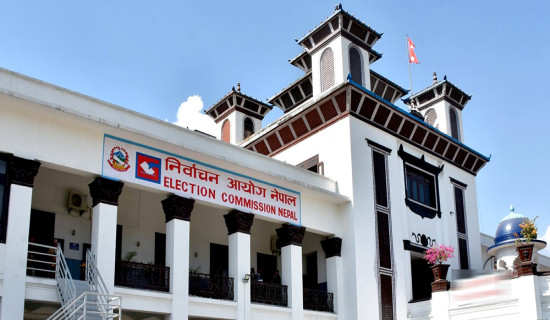
-original-thumb.jpg)

